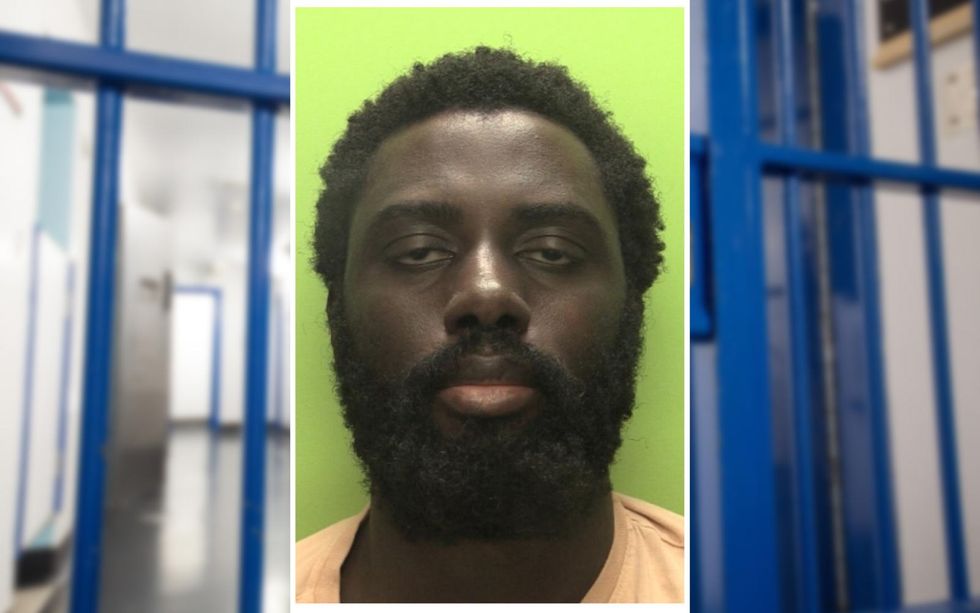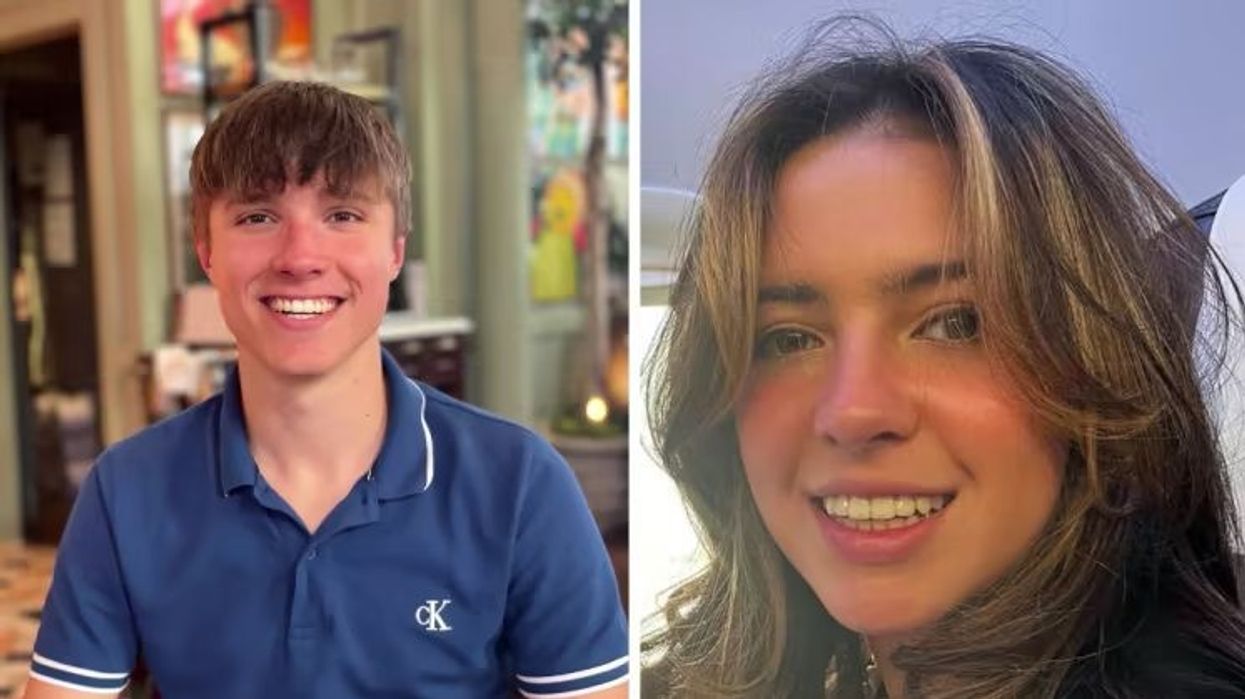A STARK warning from a psychiatrist three years ago suggested that Valdo Calocane, diagnosed with paranoid schizophrenia, could potentially "end up killing someone."
This chilling prediction, revealed in newly surfaced medical records, highlights a series of missed opportunities that might have prevented the Nottingham attacks in June 2023.
In an interview with BBC Panorama, Calocane's mother, Celeste, and brother, Elias, shared their anguish, asserting that the mental health system's failures led to a preventable tragedy.
Despite being sectioned four times and repeatedly displaying dangerous behaviour, Calocane was discharged from psychiatric care without the sustained support he needed.
In the aftermath, he went on a violent rampage, fatally stabbing university students Barnaby Webber and Grace O'Malley-Kumar, both 19, and 65-year-old school caretaker Ian Coates.
The Calocane family, who were unaware of his schizophrenia diagnosis until after the attacks, are now calling for urgent reforms in mental health services and a public inquiry into the systemic failings that allowed such a catastrophe to occur.

They argue that the system is "broken" and warn that there are many more like Valdo who might slip through the cracks if significant changes aren't made.
The Independent Office for Police Conduct (IOPC) is investigating complaints from the families of Calocane’s victims against Nottinghamshire Police. The IOPC stated it cannot provide any comments while the investigation is ongoing.
BBC faces backlash over documentary
Meanwhile, families of the Nottingham attack victims have expressed their distress and anger towards the BBC for airing a controversial Panorama documentary without their consent.
The programme, titled The Nottingham attacks: A search for answers, included interviews with the family of the killer, Calocane, a decision that has left the victims' loved ones feeling "traumatised."
The families of Barnaby Webber, Grace O'Malley-Kumar, and Ian Coates were only informed about the documentary two weeks ago, despite filming having started months earlier.
They claim they were given minimal details about the content and were not provided an opportunity to contribute, leading them to demand that the BBC include a disclaimer stating that the documentary was made without their knowledge or consent.
BBC said that the documentary, which was aired on Monday (12), is in the public interest and focuses on the decline of Calocane’s mental health and questions whether systemic failings and missed opportunities by health services could have prevented the attacks.
However, the families, still reeling from the decision not to prosecute Calocane for murder, feel betrayed by the broadcaster's approach, particularly as the episode is scheduled to air just before a review of Nottingham NHS Mental Health Trust’s handling of the case is published.
Emma Webber, mother of Barnaby Webber, voiced her frustration, stating that the families "deserved better" and criticised the BBC for adding to their torment during an already difficult time.
“All the families feel very disappointed and alarmed at the way they have managed this. We feel very let down, very disappointed. We expected better. We deserved better," she was quoted as saying.
She voiced her concerns to health secretary Wes Streeting, who reportedly contacted the broadcaster regarding their engagement with the families.
A BBC spokesperson responded, expressing deep sympathy for the families. They stated that the Panorama team has been sensitive in their approach, keeping the bereaved families informed about the programme's focus.





